Medical news August 30: Ensuring medical examination and treatment during September 2 holiday
The Department of Medical Examination and Treatment Management, Ministry of Health requires good organization of emergency care and medical examination and treatment, ensuring that all emergency patients are examined and treated, and that emergency cases are not refused or delayed.
Emergency care, ensuring medical examination and treatment during holidays
Dr. Ha Anh Duc, Director of the Department of Medical Examination and Treatment Management, Ministry of Health, has just signed a document to medical facilities requesting to ensure full on-duty at 4 levels: leadership on-duty, professional on-duty, administrative - logistics on-duty, and security - self-defense on-duty.
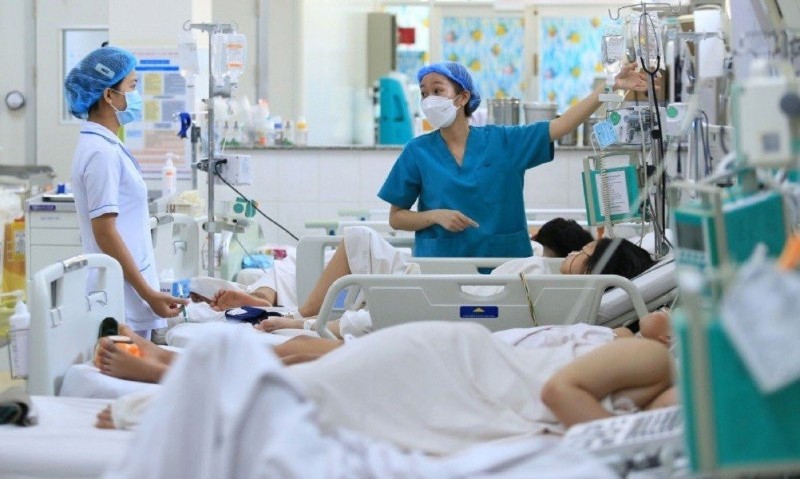 |
| The Department of Medical Examination and Treatment Management, Ministry of Health requires good organization of emergency care and medical examination and treatment, ensuring that all emergency patients are examined and treated, and that emergency cases are not refused or delayed. |
Organize emergency care and medical examination and treatment well, ensure all emergency patients are examined and treated, and do not refuse or delay handling of emergency cases.
If the patient is transferred to another medical facility or specialty, initial emergency treatment must be performed to stabilize the patient and his or her family before being transferred to another medical facility.
At the same time, increase medical personnel, equipment and supplies to ensure the highest capacity in treating traffic accident victims.
Assign permanent emergency staff to be ready and promptly respond to mass accident emergencies, serious traffic accidents, mass disasters... if any in the locality.
At the same time, ensure food hygiene and safety, prevent food poisoning, drowning, and warn of accidents at places with high tourist concentrations.
The Department of Medical Examination and Treatment Management also requested hospitals and medical examination and treatment facilities to ensure a 24/7 hotline to be ready to direct, coordinate, support, and respond when necessary.
In case of special developments such as outbreaks of other dangerous diseases, disaster emergencies, mass accidents, food poisoning and other special cases, the unit is requested to urgently report to the direct management agency via the hotline, and promptly report in writing about the special developments for timely resolution.
"We request that units enhance their sense of responsibility and proactively implement all of the above contents to ensure medical work during the holiday for people," the dispatch from the Department of Medical Examination and Treatment Management stated.
Need to soon establish a national rare drug center
Director of the Ho Chi Minh City Department of Health Tang Chi Thuong proposed that the Ministry of Health soon establish a national storage center for rare drugs, including drugs to treat common diseases such as measles, but when needed, they are not available for many reasons.
At a meeting with leaders of the Ministry of Health, a representative of the Ho Chi Minh City Department of Health said that Ho Chi Minh City is lacking Dopamine for emergency treatment of seriously ill children. This is a vasopressor used to treat children with severe measles or dengue shock, severe hand, foot and mouth disease, and septic shock in newborns...
The medicine is specifically used mainly in children. A pharmaceutical company imported 30,000 bottles, but the children's hospitals in the South did not use them all and had to destroy them.
The last batch of Dopamine expired on August 15, Children's Hospital 1 held a meeting of the professional council to find some replacement drugs. Recently, the pharmaceutical company has been handling import procedures, the drugs are expected to arrive in September.
There were years when Children's Hospital 1 bought high molecular weight Dextran to treat dengue fever, but that year there was not much of an outbreak, so the medicine had to be destroyed. If we didn't buy it, there would be a shortage of medicine during an outbreak.
The head of the Ho Chi Minh City Health Department said that while waiting, the Department will advise the City People's Committee to establish a cabinet of rare drugs from the budget.
It is expected that next month, Ho Chi Minh City will announce an application to look up rare drugs for hospitals. When needing drugs, they can look up to know which hospital has them.
On the side of the Ministry of Health, Mr. Le Viet Dung, Deputy Director of the Department of Drug Administration, said that legal regulations increasingly create conditions for localities and hospitals to purchase and stockpile rare drugs.
However, there has been a local shortage of drugs in some places recently. The process of building and reserving rare drugs still faces difficulties in determining demand, forecasting the amount of reserves as well as difficulties in finding sources of supply because the quantity is too small, suppliers do not want to import.
In addition, another obstacle is that health insurance only pays for the amount of medicine actually used for the patient. If the medicine is expired and must be destroyed, the facility must bear the full cost, and the insurance does not pay. Not to mention, rare medicines are also rarely covered by the health insurance list, because they are often specially imported and do not have a registration number.
The Ministry is proposing a mechanism to reserve rare drugs in three regions, with a method to form a nationwide network because each place has different needs.
In the coming time, the Ministry of Health will coordinate with Ho Chi Minh City to build a network to ensure the supply of rare drugs nationwide, connecting with treatment facilities around the world such as Thailand, Malaysia... to quickly supply when needed.
Hanoi: Controlling food safety in school areas
Regarding the issue of ensuring food safety in school areas, according to Head of Food Poisoning Surveillance Department, Hanoi Food Safety and Hygiene Department Le Thi Hang, in recent times, the work of inspecting and supervising collective kitchens in the city has always been promoted.
The goal is that 100% of establishments will be inspected and monitored according to regulations, specifically in 2023, the rate will reach 84.5% of establishments inspected. Food poisoning has a serious impact on the socio-economy. For individuals, food poisoning causes a lot of costs such as: hospitalization costs, medicine, emergency care, disease prevention, health recovery costs...
People are at risk of losing income, affecting their health, losing their jobs, and disrupting their family life. Food poisoning also causes losses to the State in terms of costs of investigation and testing for the cause of the poisoning.
Ms. Le Thi Hang also informed that in 2023, through inspections by inspection teams of the Department of Health and the Hanoi Food Safety and Hygiene Department, awareness of food poisoning prevention in school kitchens has been raised.
According to a representative of the Hanoi Department of Food Safety and Hygiene, school kitchens need to ensure food safety throughout the food supply chain (preparation, processing, preservation and use of food in the school kitchen).
Schools improve knowledge and practices on food safety for managers, food processors and consumers in collective kitchens; regularly inspect and monitor food safety in processing, preserving and using food in collective kitchens.
Determining the source of raw materials is an important factor, the representative of the Hanoi Department of Food Safety and Hygiene emphasized that schools need to sign contracts to import food from food suppliers, with certificates of ensuring food hygiene and safety, establishments applying "Good Agricultural Practices - GAP"; VietGAP, and businesses meeting food safety conditions.
In addition, controlling food ingredients at the production site of raw materials (growing and livestock farming areas) is very important.
When receiving raw materials, the school needs to have a certificate (goods card) from the supplier and check the raw materials upon receipt such as: performing a 3-step inspection (before receiving, before cooking and before eating); sensory inspection and rapid test (Rapid test...).
Source: https://baodautu.vn/tin-moi-y-te-ngay-308-dam-bao-cong-tac-kham-chua-benh-xuyen-le-29-d223716.html






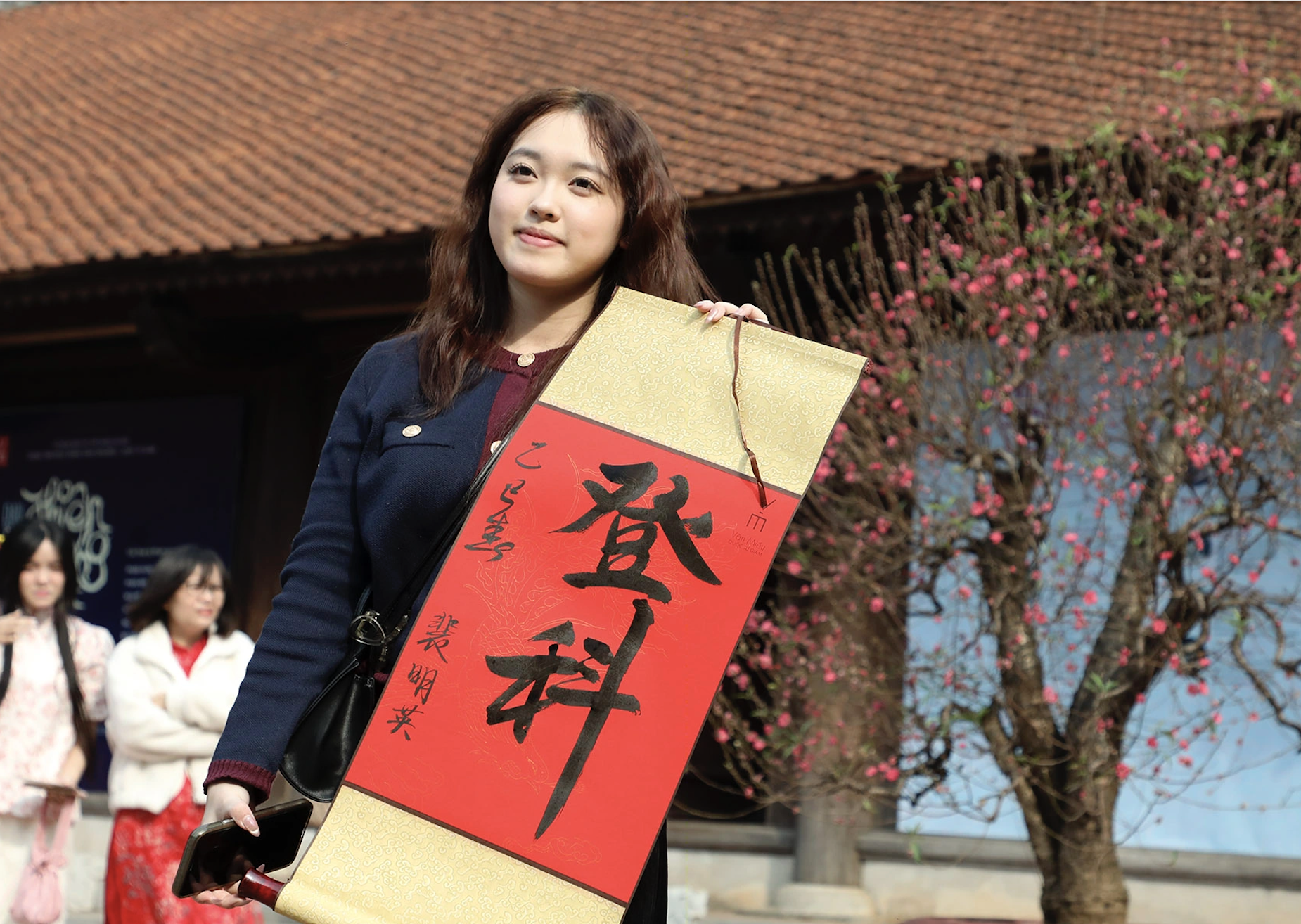















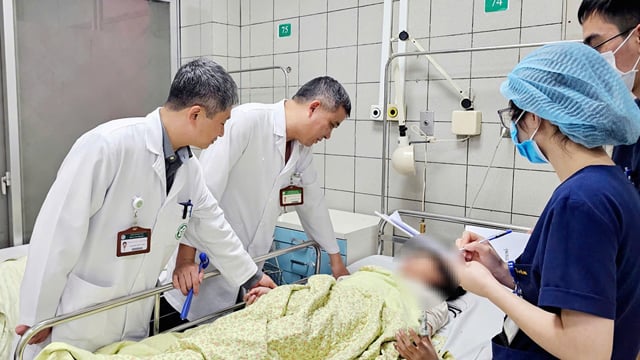



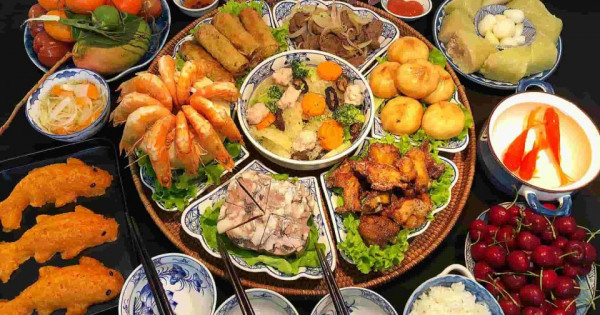
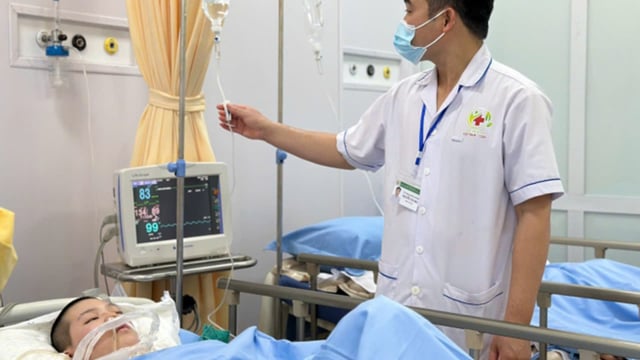


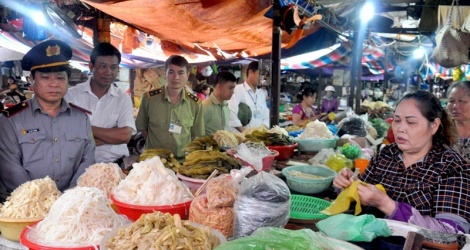
















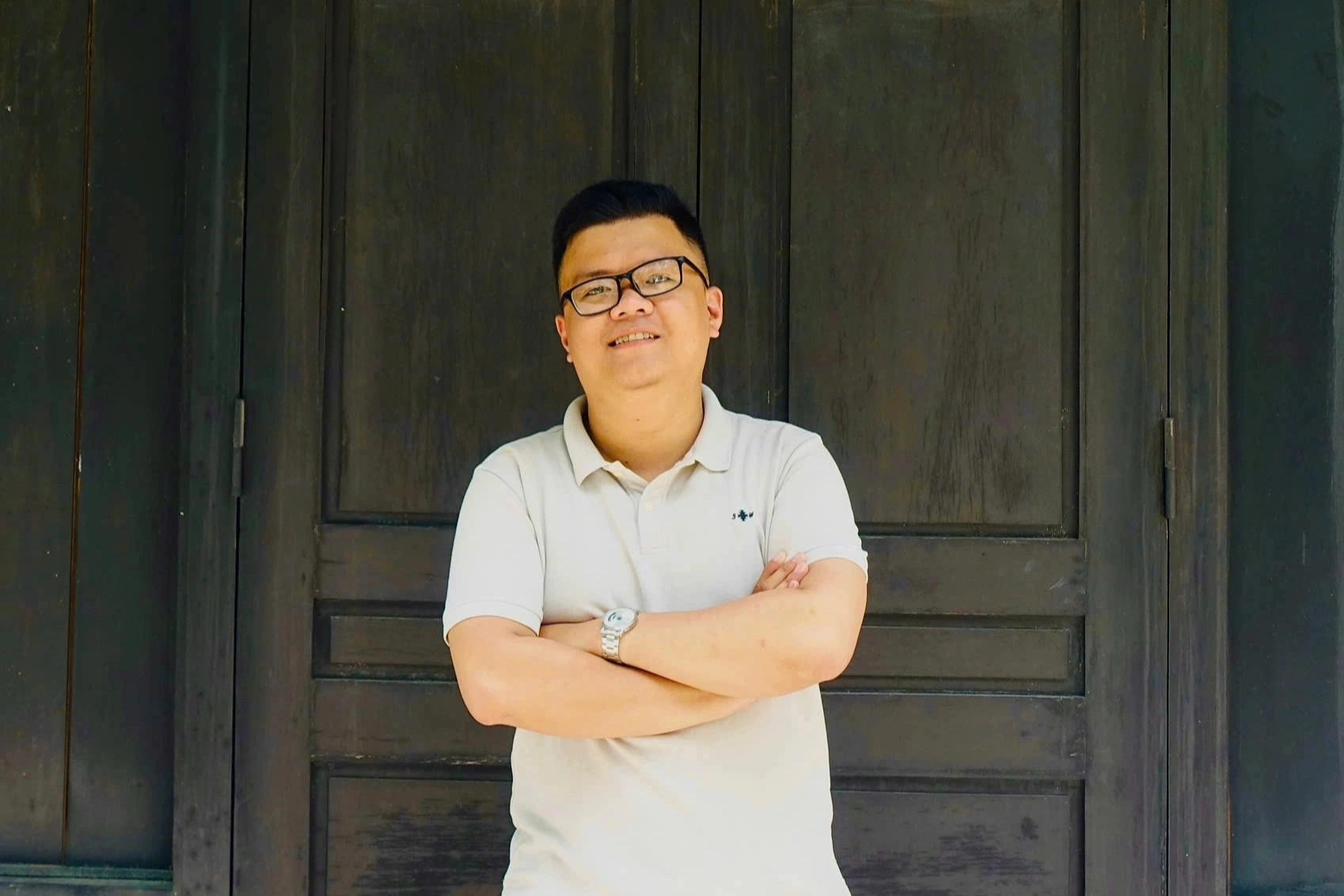
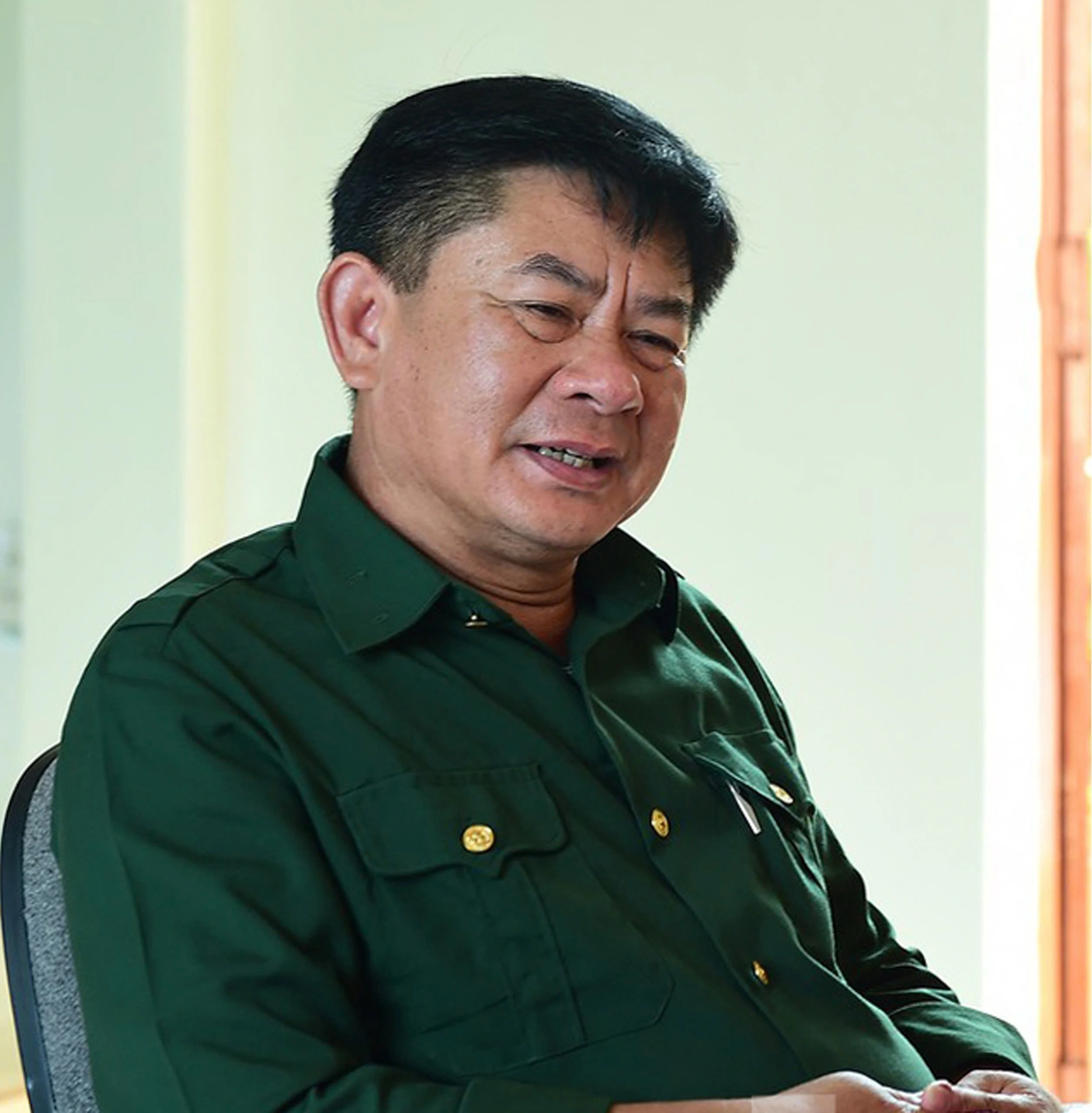
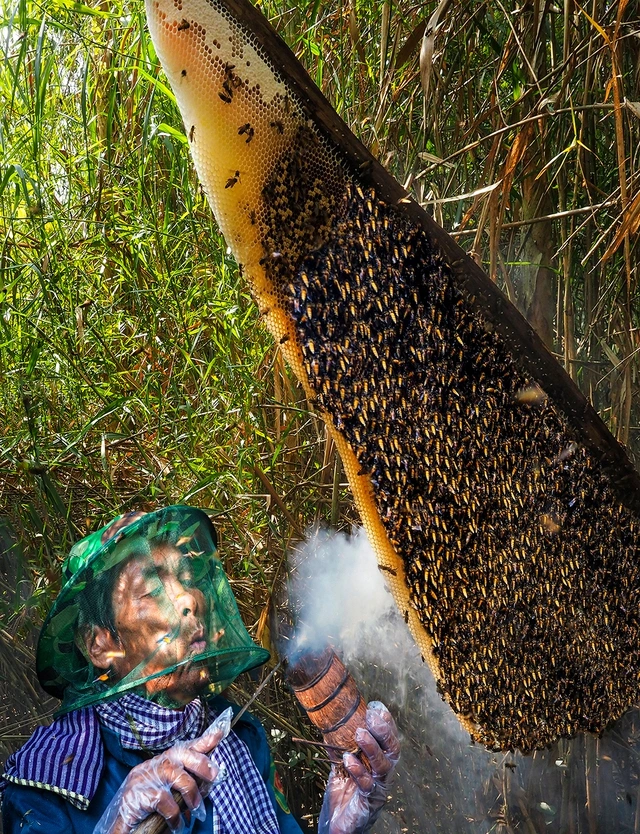


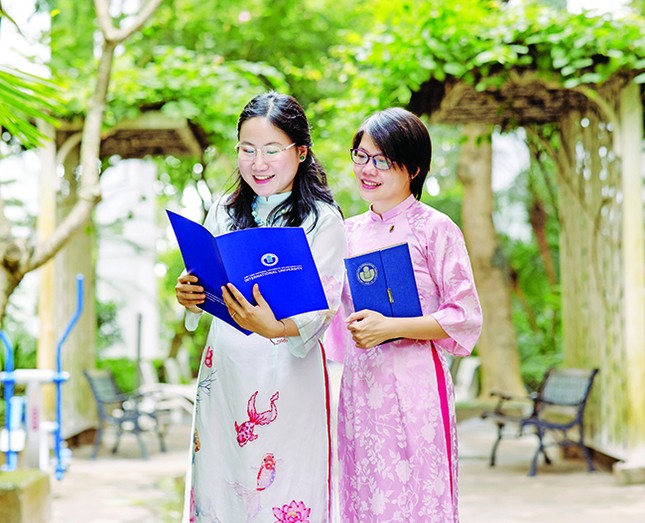




Comment (0)